Prime Minister Pham Minh Chinh emphasized lifelong learning so that each person can improve themselves, not be self-conscious or complacent, and contribute to building the country on par with developed countries.
Prime Minister Pham Minh Chinh on the morning of June 10 launched the movement "The whole country competes to build a learning society, promote lifelong learning in the period 2023-2030".
The Prime Minister assessed that the education system has undergone important changes, the education network has been expanded across all regions with many types of training, bringing learning opportunities to people of all ages.
"The awareness of lifelong learning has been and is permeating every family, clan, residential area, training facility, and region," said the Prime Minister.
He cited the movement of clans, villages, and communes competing in learning that has been restored and strongly developed. In urban areas, there are many movements of learning foreign languages and dancing for the elderly. In rural areas, people learn farming and animal husbandry skills. Classes on boats for students in river areas; Vietnamese classes for ethnic minorities; and English classes in mountainous areas are organized frequently.
In many places, the learning movement has become a social phenomenon, such as the painting village, the village of farmers playing violin; many people over 60, 70 years old go to school every day, even people 80, 90 years old complete the general education program, get university and master's degrees.
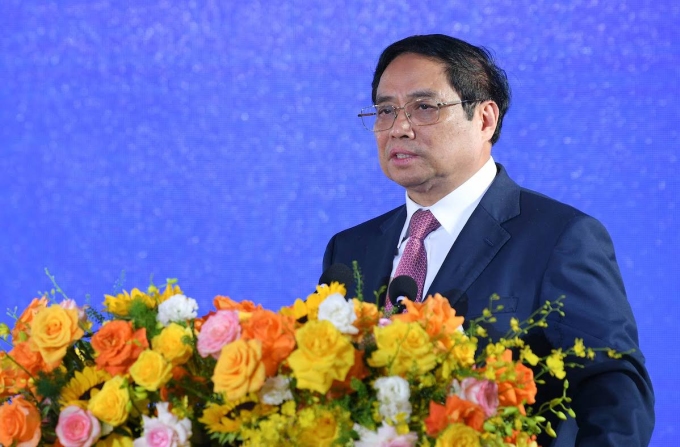
Prime Minister Pham Minh Chinh speaks at the launching ceremony of the movement "The whole country competes to build a learning society, promote lifelong learning in the period 2023-2030". Photo: MOET
According to the Prime Minister, the fourth industrial revolution requires knowledge, understanding, skills, expertise and high adaptability. Therefore, the role of learning, training, self-improvement of knowledge and improvement of qualifications is very important. Uncle Ho's advice "The world is constantly progressing, those who do not study are falling behind" is still valid today.
The trend of lifelong learning and building a learning society has been focused on in many countries such as the US, Australia, Germany, South Korea, China, Japan, Singapore, and Israel. To date, more than 1,000 cities around the world have participated in the "educational city, learning city" initiatives.
"We must also join hands, with high determination and great efforts so that everyone can study, every family can study, the community can study, society can study and the whole country can study," the Prime Minister emphasized.
According to Mr. Chinh, studying aims to perfect oneself in terms of morality, intelligence, physique, and aesthetics; to innovate and create, to contribute to protecting and building the country, and to improve material and spiritual life.
"Study so that we are not self-conscious or complacent, so that we can build our country on par with developed countries around the world. Study to prove that our nation is not inferior to any other nation. The strength of the nation comes from the people, comes from culture," said the Prime Minister.
To create further changes in building a learning society, the Prime Minister directed the building of an open and diverse education system; mobilizing contributions from the whole society.
The Prime Minister encouraged equal development for all types of training, without distinction between public and non-public, joint ventures and partnerships. In addition, localities need to focus on strengthening the system of libraries, museums, and cultural houses; enhancing digital transformation and application of information technology.
He also noted the need to cooperate and learn from international experiences in building and developing a learning society, absorbing and developing new knowledge in the field of science and technology.
Since 2005, the Prime Minister has approved the project "Building a learning society" three times in each phase. The Ministry of Education and Training assessed that the implementation of these projects has brought many results. The network of continuing education facilities has been consolidated and developed with nearly 17,500 facilities. The number of private educational facilities has increased rapidly, especially the system of information technology and foreign language centers, contributing to improving the people's foreign language and information technology skills.
Another important result is the formation of a learning society model at the commune level. While other countries build learning societies at the city level and above, Vietnam has approached smaller levels as a basis and created motivation, mobilizing people to participate in learning. This approach has been recognized by UNESCO and other countries.
However, the limitations and barriers to building a learning society in Vietnam are that lifelong learning activities outside of school are not diverse, and the participation of universities in promoting learning and talent is limited.
Source link


![[Photo] April Festival in Can Tho City](https://vstatic.vietnam.vn/vietnam/resource/IMAGE/2025/4/10/bf5ae82870e648fabfbcc93a25b481ea)


![[Photo] Unique folk games at Chuong Village Festival](https://vstatic.vietnam.vn/vietnam/resource/IMAGE/2025/4/10/cff805a06fdd443b9474c017f98075a4)
![[Photo] Opening of the 11th Conference of the 13th Party Central Committee](https://vstatic.vietnam.vn/vietnam/resource/IMAGE/2025/4/10/f9e717b67de343d7b687cb419c0829a2)

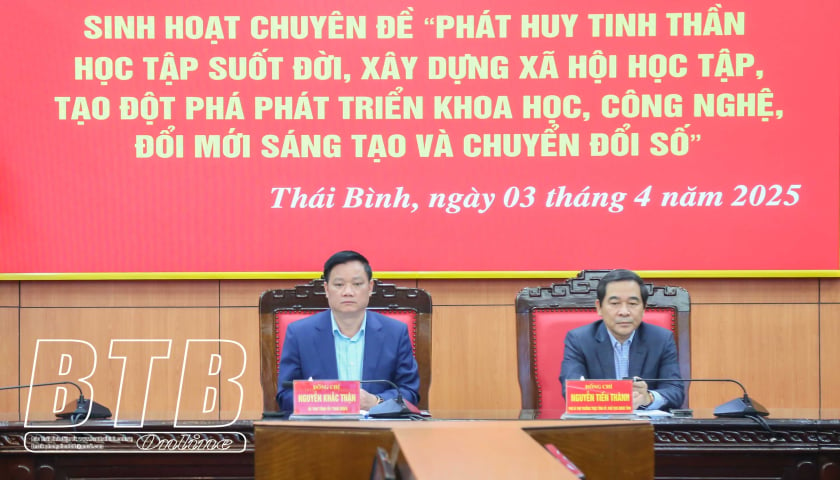

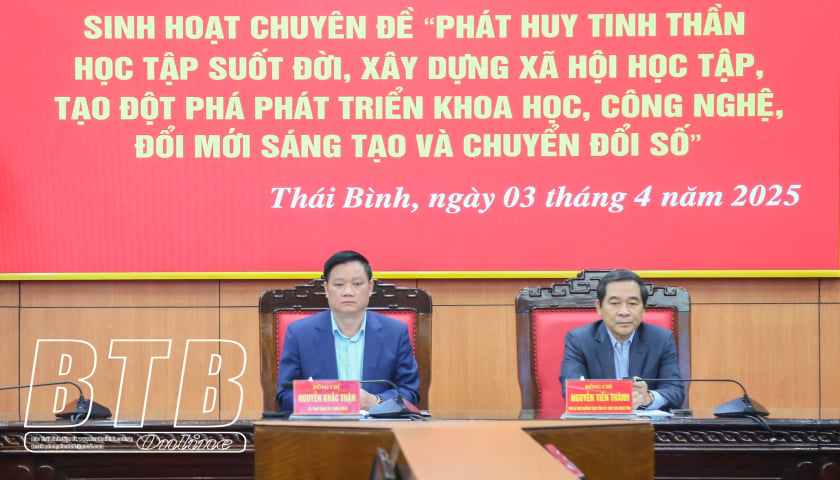
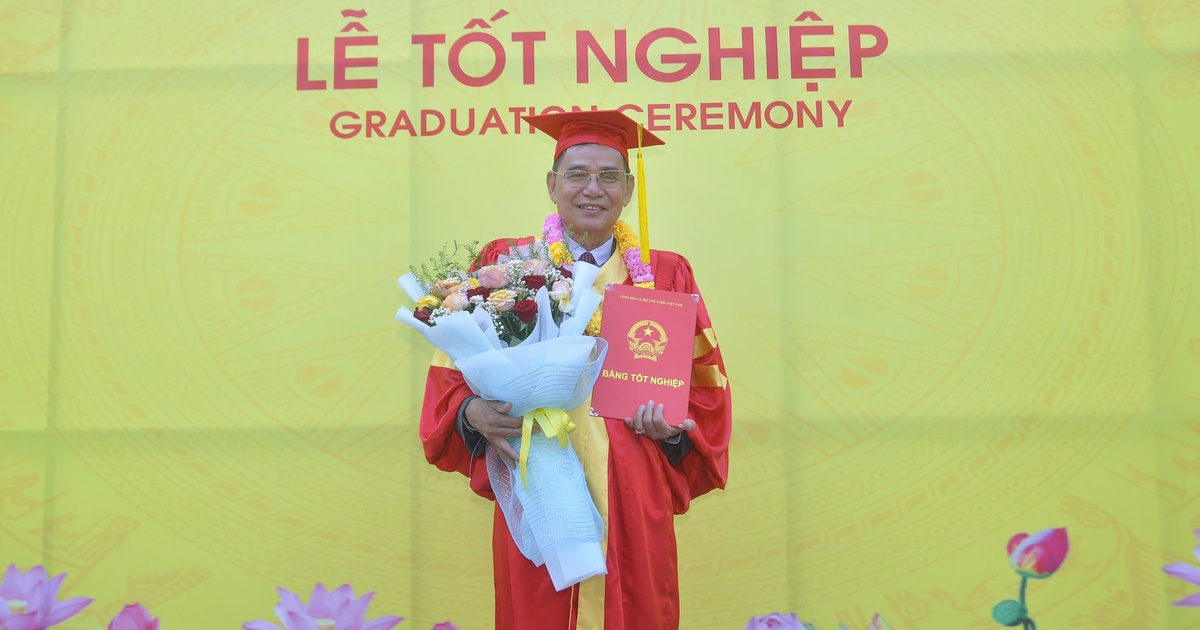



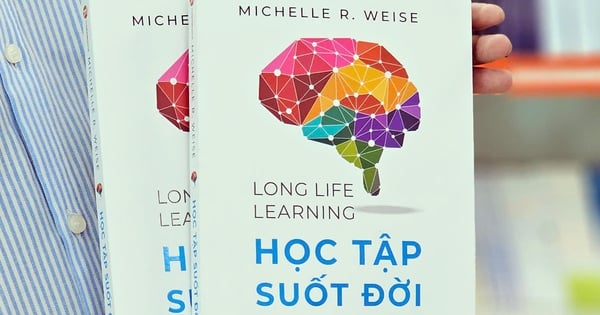


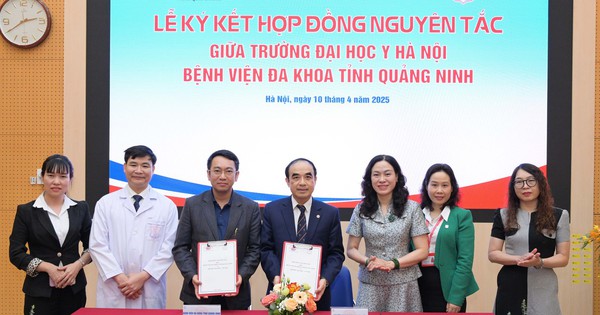

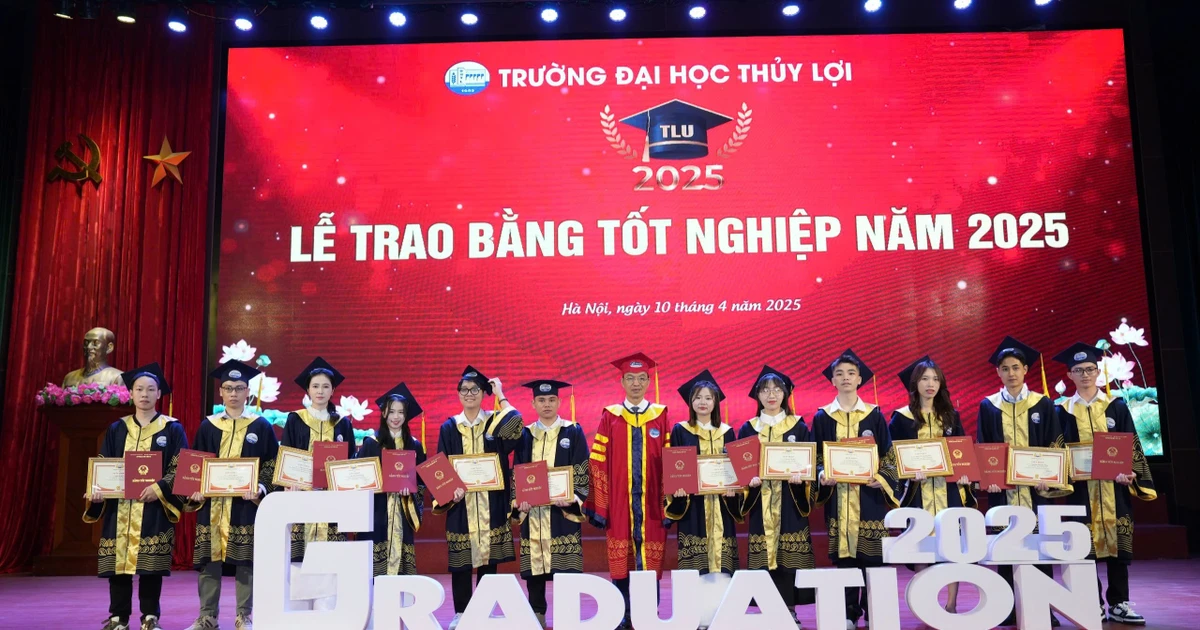

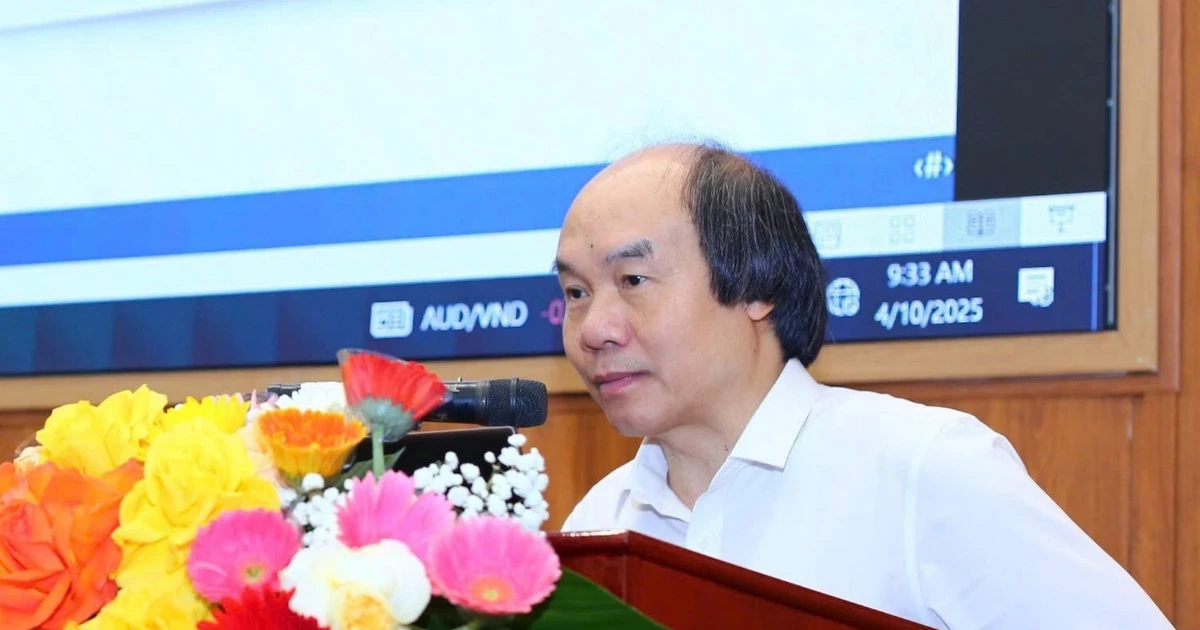






















































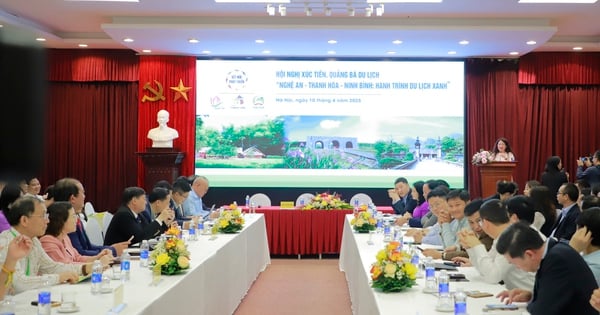

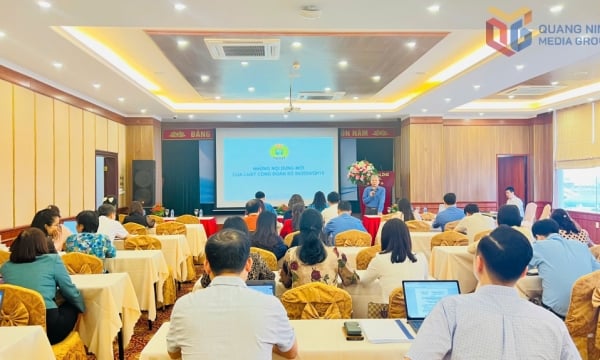

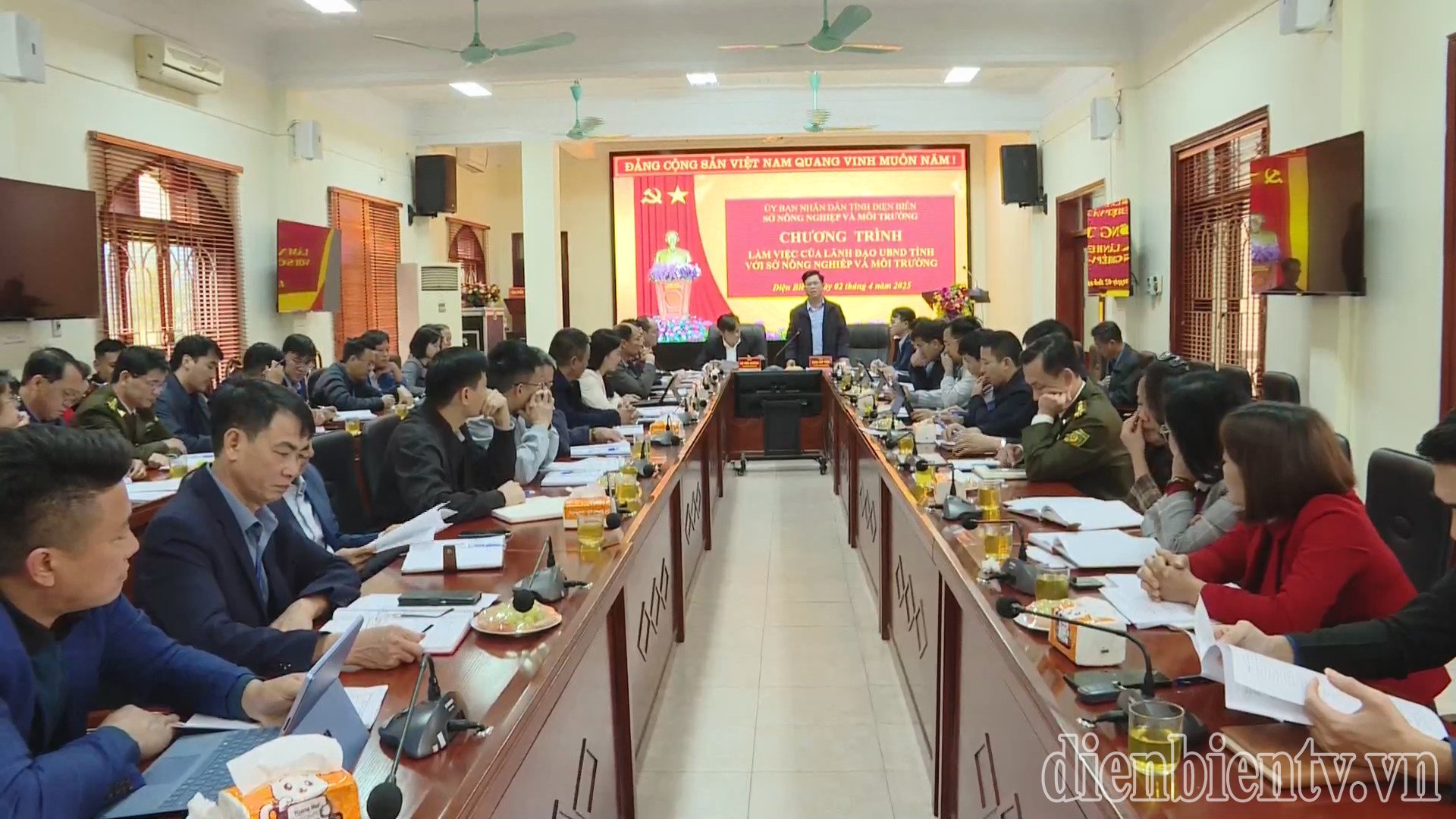
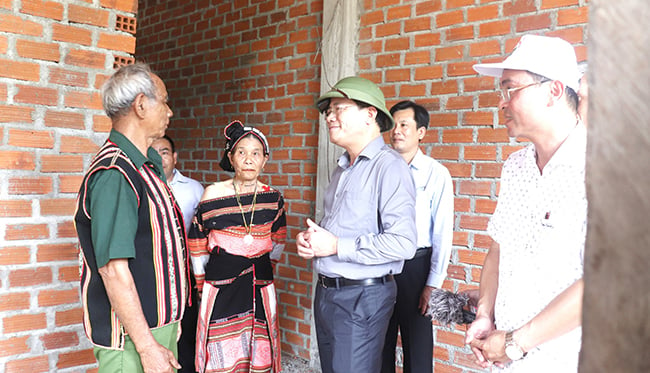
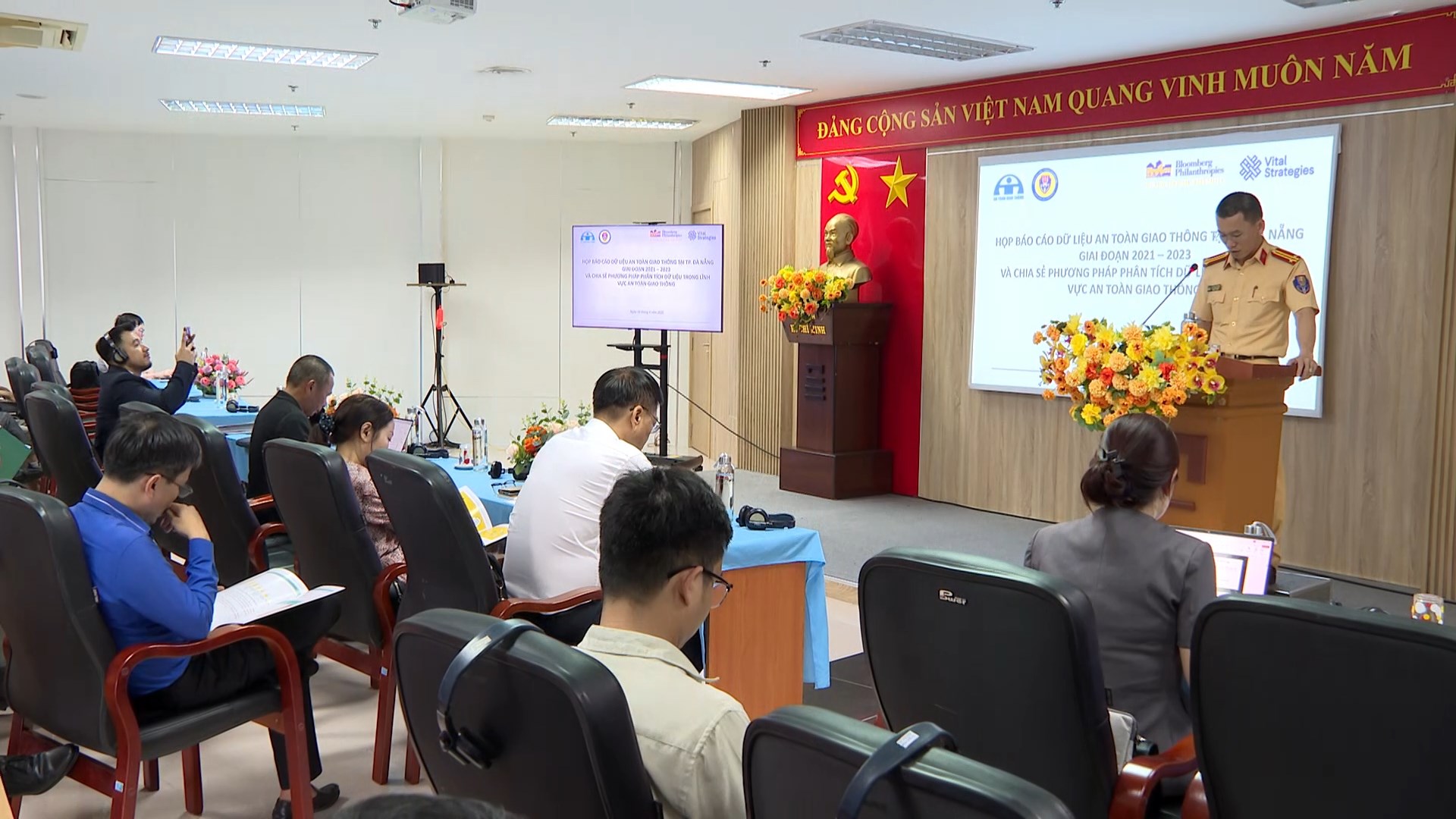
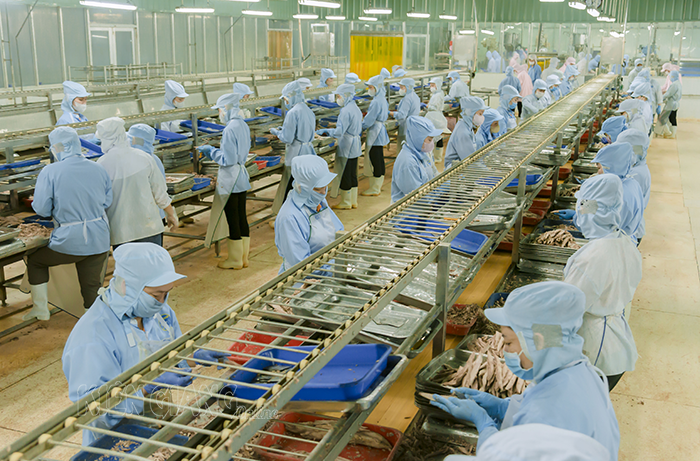
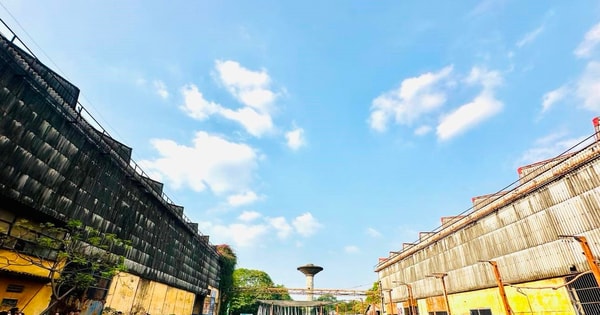








Comment (0)